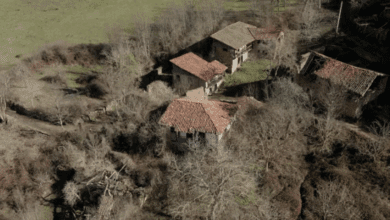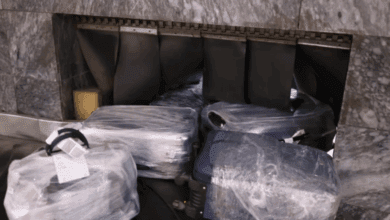
In Galicia, there have been three tragic incidents in the past two weeks: men aged between 55 and 79 died after being stung by the Asian hornet velutina (Vespa velutina). All cases occurred in rural areas while the victims were engaged in everyday activities such as hunting or clearing land. Surprisingly, these dangerous insects were active not during the summer, as is typical, but in October—a time when their numbers usually decline.
However, this autumn has been unusually warm and dry for the region. This has allowed the velutina to keep breeding and attacking, regardless of the calendar. As a result, residents of the provinces of A Coruña, Lugo, and Pontevedra have been put at risk, coming across nests hidden in grass or bushes.
Velutina: a threat to people and nature
The Asian hornet first appeared in Galicia just over ten years ago, having made its way in from France. Since then, its population has soared, and finding a nest has become commonplace. This species is especially dangerous for people with allergies: velutina venom can provoke severe reactions, including anaphylactic shock. But even those without allergies may suffer serious effects from a sting—from swelling to loss of consciousness.
If you are stung by this aggressive species, it is crucial to act swiftly. Experts advise washing the affected area with soap and water, applying something cold, and not scratching the skin. Do not attempt to remove the stinger yourself. People with allergies should always carry an adrenaline auto-injector and use it at the first sign of trouble.
Countermeasures and Beekeepers’ Concerns
Regional authorities have stepped up efforts against the dangerous wasp: around 20,000 traps have been set up across Galicia, and over 16,000 nests were destroyed in the past year. Despite these measures, beekeepers believe this is not enough. The velutina poses a threat not only to people but also causes significant damage to bee colonies, affecting both the ecosystem and agriculture.
The spread of this invasive species continues, and experts warn that if warm weather persists, attacks could become even more frequent. Residents are advised to be especially cautious while working outdoors and not to attempt destroying nests on their own.











